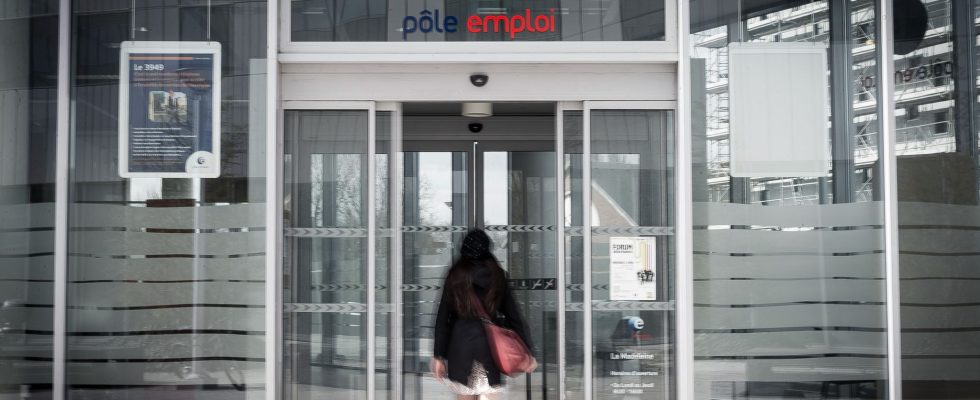This is a survey, published Thursday December 7, which says a lot about the challenges that await businesses in the years to come. Nearly one in five VSE-SMEs has difficulty recruiting due to candidates’ difficulties in finding accommodation, according to the Confederation of SMEs (CPME). According to this survey, 46% of managers of very small, small or medium-sized businesses currently wish to hire (48% in April), but 85% of them (compared to 87%) have difficulty doing so.
SMEs with 10 to 249 employees (69%) and industrial companies (57%) are those which have the most recruitment difficulties. 19% of those having difficulty recruiting report that candidates have given up joining them for reasons related to access to housing.
They were 10% in April, but the questionnaire then included other very widespread reasons (unsuitable candidate profiles, excessively high salary requirements or refusal by candidates of the constraints of the position). “Those who still doubted it will be able to see that the housing crisis is starting to have its effects… including on businesses. We must act and quickly,” underlines the CPME.
Increase salaries
Furthermore, 55% of managers plan to increase salaries on January 1, and 58% would like to pay a bonus to employees in 2024: 49% fear departures due to lack of increases and 14% report a risk of social conflict in their company (19% among 10 to 249 employees).
Among the current legislation, 80% of managers fear the consequences for the company in the event of a reduction in the reduction of charges on salaries between 2.5 and 3.5 SMIC, in particular a loss of competitiveness for 51%, and a drop in wages for 39%.
Furthermore, 31% of bosses having difficulty recruiting think that the regularization of foreign workers can be a solution, including 47% in construction and 43% in road transport.
“Put the dust under the carpet”
Finally, almost all (93%) consider it “abnormal” that employees on sick leave benefit from paid leave for these non-working periods, a transposition by the Court of Cassation of a European directive. “On this point, the government will not be able to simply sweep the dust under the carpet,” believes the CPME, hoping at least to avoid retroactivity over three years of the measure.
The survey was conducted online from October 26 to November 20 among 1,418 VSE-SME managers, including 1,194 with at least one employee.
